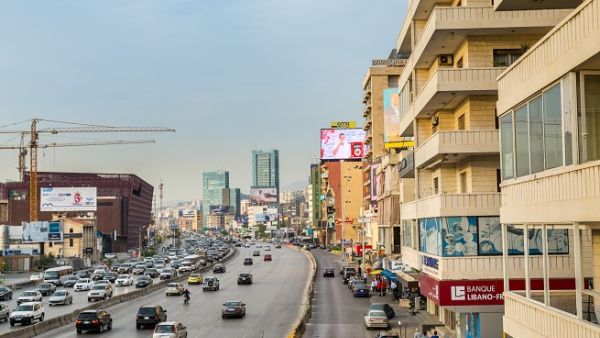Moody’s Investor Service announced Monday night that it had downgraded Lebanon’s long-term investment rating to reflect an increased likelihood that the country will undertake a debt rescheduling or other measures Moody’s may consider a default.
"Moody's decision to downgrade the ratings to Caa1 reflects the heightened risk that the government's response to increased liquidity and financial stability risks will include a debt rescheduling or other liability management exercise that may constitute a default under Moody's definition," the investor service said in a report.
The Caa1 investment rating indicates poor quality and very high credit risk.
Last month, Moody's had released a separate report that announced Lebanon’s outlook had changed from stable to negative, but that its rating - B3 - had remained the same. The B3 rating is a degree higher than the new Caa1 rating, but still reflects high credit risk.
Read More
World Bank: Lebanon GDP to Grow 0.3 Percent in 2019
Banks Profitability Affected by High Interest Rates in Lebanon
Moody’s at the time said the decision to preserve the B3 rating indicated the assumption that a Cabinet would be formed in the short term, and that the government would take steps to implement fiscal reforms that would help unlock the funds pledged at the CEDRE conference held last April. These measures would in turn bolster GDP growth and ease the risk of liquidity.
Lebanon’s rating has now been reduced from B3 to Caa1. Its outlook, meanwhile, has been shifted from “negative” to “stable,” indicating the expectation that no further shift in the rating - negative or positive - is imminent.
The government formation process in Lebanon will enter its ninth month of deadlock this week.
The formation is needed to fully implement reforms that would release the CEDRE funds, which amount to over $11 billion in investments and soft loans.
At the same time, Lebanon’s public debt has soared to being the third-highest in the world, at about 150 percent of GDP.
Amid mounting financial and economic pressures, caretaker Finance Minister Ali Hasan Khalil earlier this month made comments in apparent support of restructuring the country's debt. But the idea received immediate backlash, and soon after he announced that Lebanon is “absolutely not” considering doing so.
Khalil tweeted Tuesday that Moody’s most recent announcement is an extension of last month’s report, which further "stresses the need to accelerate government formation to implement the financial reform operation, reduce deficiencies and start the projects pledged at the CEDRE conference."
But he said that despite the report, Lebanon’s financial and monetary situations are stable, and the Treasury’s needs are insured.
The Treasury “is able to pay all the liabilities, especially the debts,” Khalil wrote.








